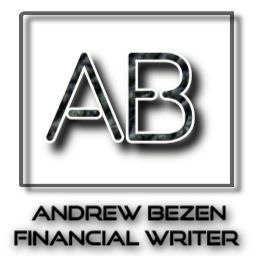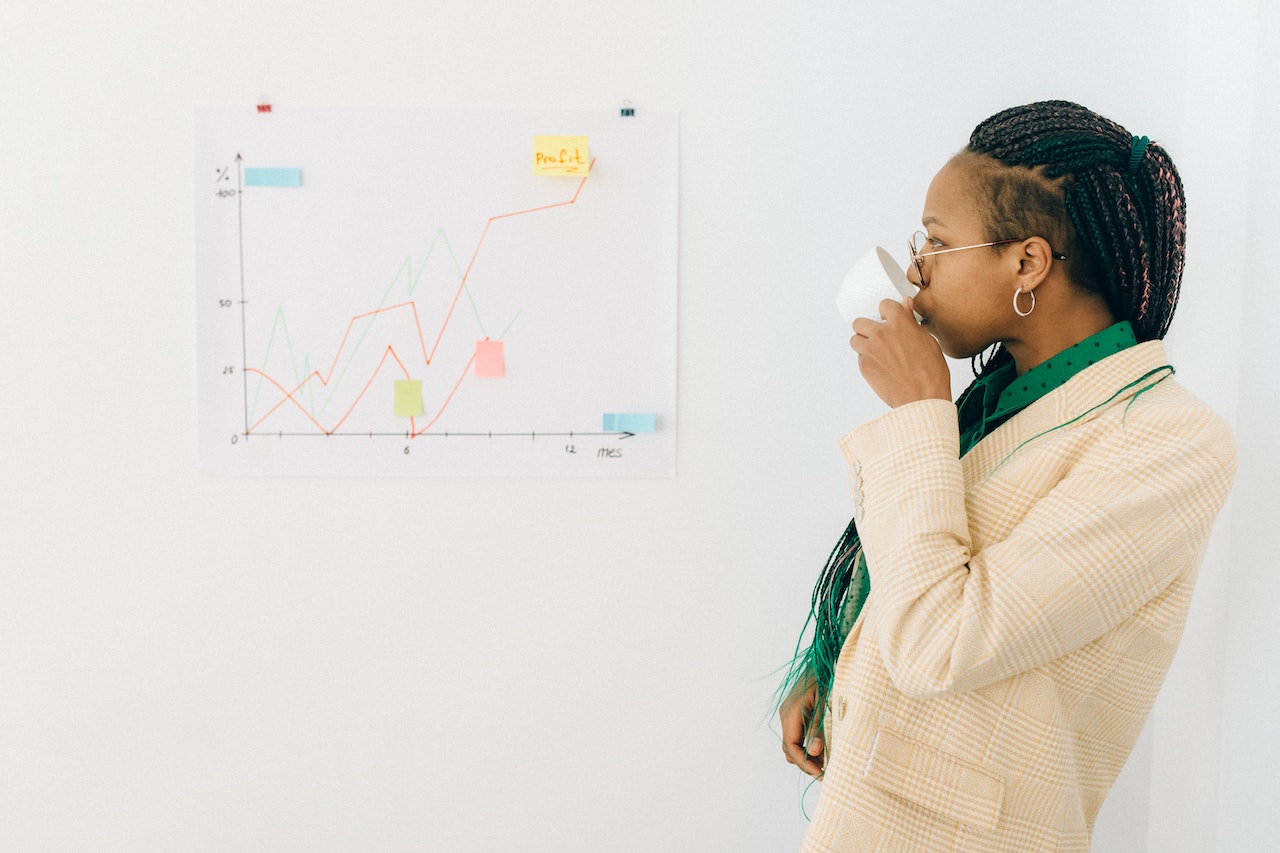When picking a broker, traders may select from hundreds on the Internet. However, the real question is, how do you figure out which broker is best for your trading needs?
Trading platform and software
As your main marketplace gateway, you want to ensure that you can trust the trading platform you choose. Most brokers provide traders with various options. Most of the time, third-party trading solutions providers like MetaQuotes Software provide the trading platforms. A few brokers have also begun building their proprietary trading platforms to differentiate themselves from rivals in the market. Sometimes, these platforms are the most powerful to trade with since they are designed with client-specific features in mind.
Additional features
Take a look at the characteristics that different trading platforms provide. In this charting package, do they include technical indicators and one-click trading on the trading platform risk management tools such as stop-loss order and trailing stops? These may appear unimportant at first, but they will eventually play an important role in ensuring that you have a trouble-free and successful trading experience.
It’s a toss-up when it comes to platform preference, and most of these platforms will have comparable capabilities when it comes to features. The most accessible approach to figure out which platform is best for you is to test them out with a demo account.
Commissions and spreads
Unlike other traditional financial exchanges, this market mainly relies on spreads rather than fees. It’s why the majority of brokers advertise their services as being commission-free.
Broker’s business model
There are two types of brokers: a Dealing Desk and a Non-Dealing Desk.
Dealing Desk
A dealer or market maker within a firm handles his clients’ trading instructions through a dealing desk. When you establish an open position like the EUR/USD, the broker will carry out the trade, and they will be exposed to that transaction.
Non-Dealing Desk
The trader sends a trade to another firm on a regular trading desk. A non-dealing desk (NDD) broker sends a trade straight to a third party without the need for an exchange to exist. ECN and STP are the two forms of NDD brokers, and they are both essentially intermediaries between you as the trader and the market maker or dealer.
ECN
When you utilize the second approach (ECN), your trading orders will be sent through the Electronic Communications Network (ECN) after you hit ‘buy on your trading platform when you use the first method.
STP
Trade orders received by the second type of NDD broker are immediately passed on to another party for execution by the market maker’s dealing desk. In this case, the broker is an STP (Straight Through Processing) broker.
Broker characteristics for beginner traders
If you’re a beginner trader looking for a broker, you’ll want to look out for the following characteristics:
- Comprehensive trading education tools: several brokerages provide a collection of learning materials to assist traders in developing their abilities. These sometimes include webinars, videos, courses, manuals, and papers.
- Most, if not all, Forex brokers provide demo-trading accounts to their clients. This is especially crucial if you’re new to foreign exchange trading or want to experiment with a broker’s platform before making an actual transaction.
- A user-friendly trading platform – many trading platforms on the market, some more complicated than others. You don’t need a sophisticated platform with EAs and complicated trading methods as a beginner.
Professional Forex Brokerages
Traders for professional traders have significantly different trading requirements from those of novice traders. Professionals generally select brokers that can provide them with:
- Comprehensive trading capabilities – as a professional trader, you’ll need a wide range of tools to apply trading techniques, including commission calculators, economic calendars, and sophisticated real-time charts.
- High leverage – though not for the faint of heart, professionals will seek to utilize leverage to maximize their profits. Leverage raises the risk and enhances the return.
- Spreads for forex day trading – your spreads mustn’t eat away at your capital if you trade a lot. Before choosing a broker, check the spreads payable; your spreads will typically be lower if you take on a higher account level.


